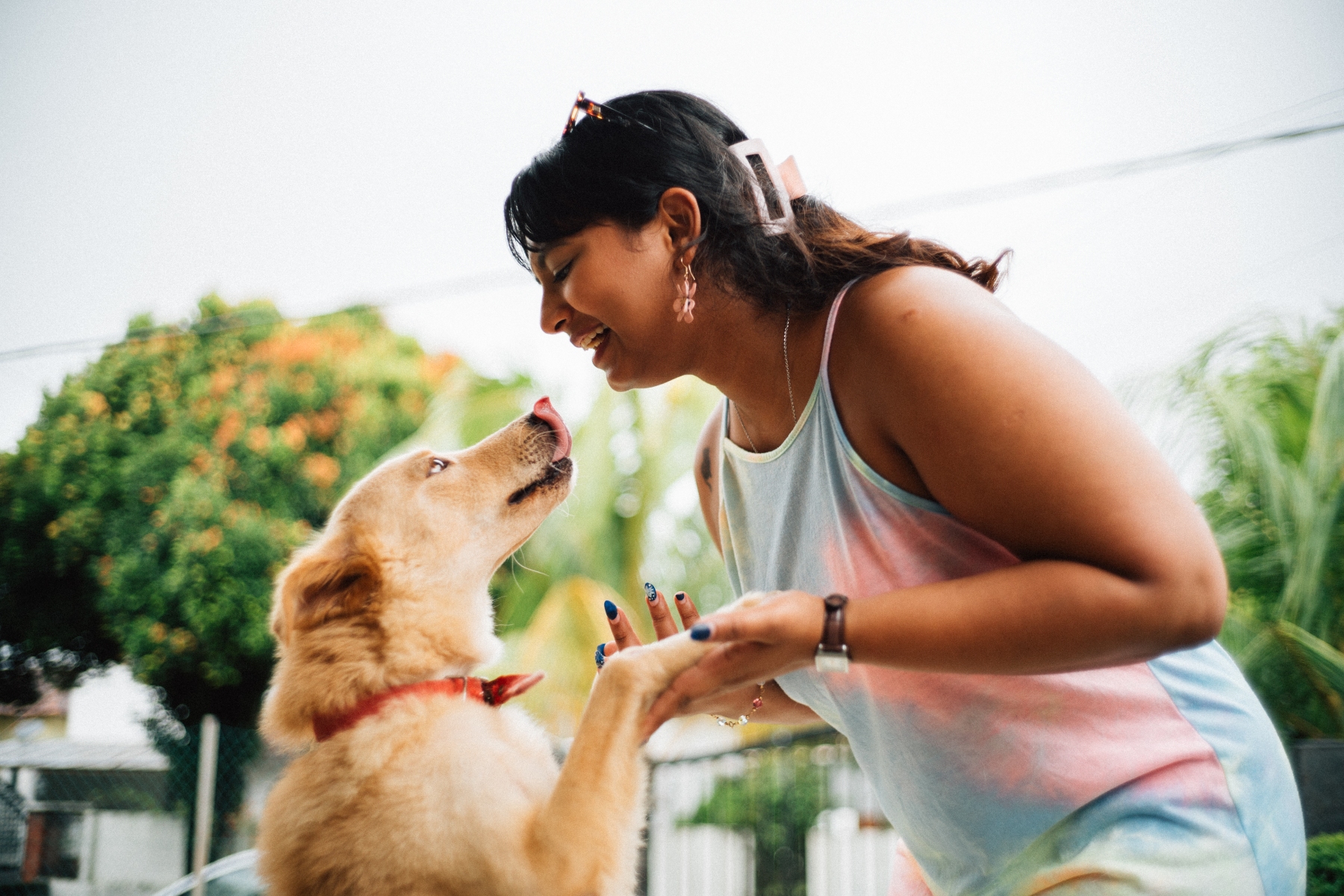As she reached adulthood, she realised that there were more and more homeless animals on the streets. Although animal shelters in Klang Valley have been giving second chances to our furry friends for decades, space has become an issue since the surge in cat and dog litter in our city over the past decades. When that happens, shelters will put these animals down to make space for newer rescues. That prompted Geetha to open Ruff Love, where a team of dedicated fosterers will spend quality time with the rescues and organise adoption drives regularly to re-home the fur babies.
The rescued animals get quality time with fosterers
Geetha has a background in law and went into marketing approximately 12 years ago before finding her love for fostering animals. She started rescuing strays again about a decade ago before starting Ruff Love in 2021. “Instead of opening up an animal shelter, I prefer a foster home because of the one-on-one attention with my rescues. Besides, running a shelter takes a lot of time and effort. You don’t actually get to spend quality time with the animals,” she explains.
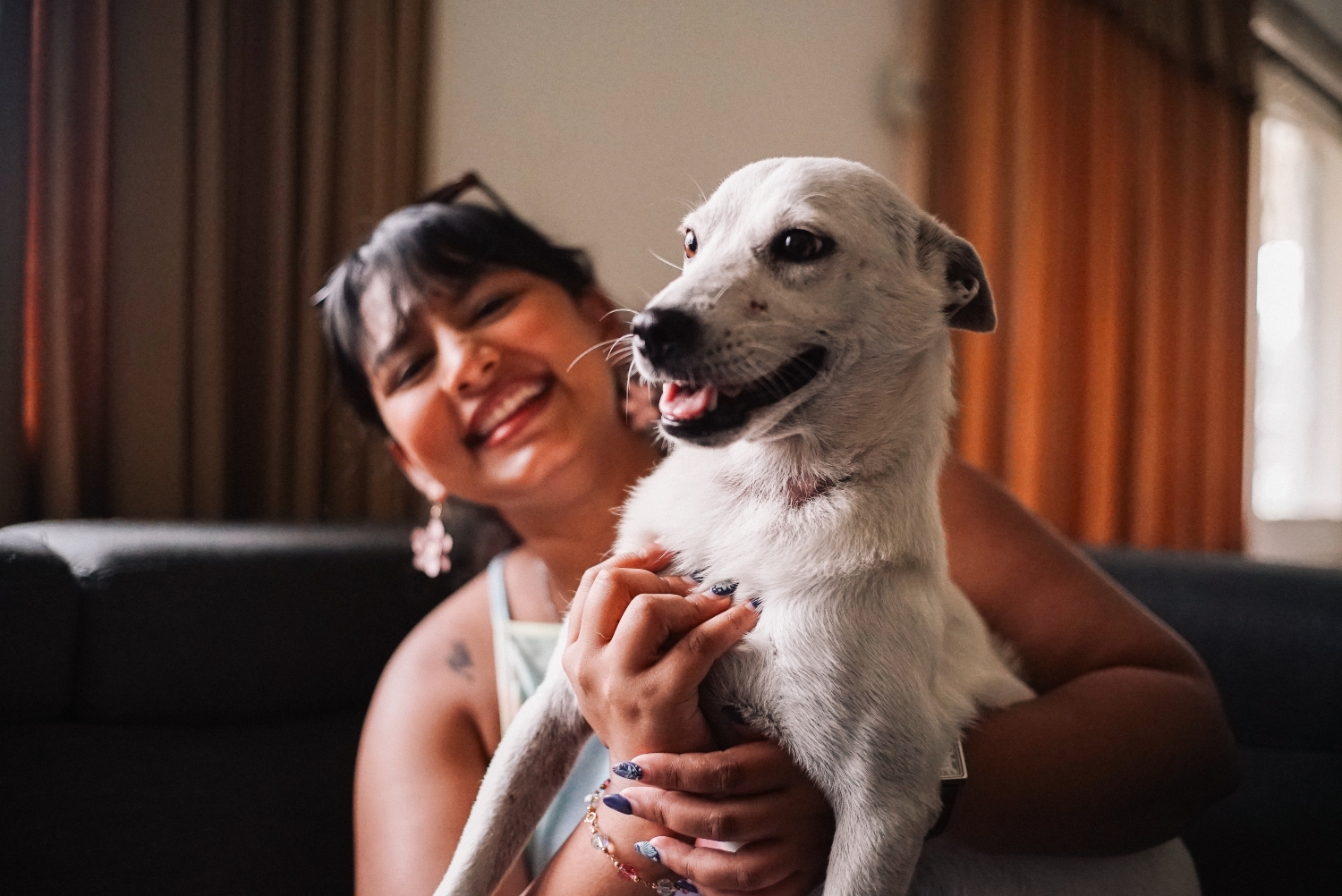
Also, foster homes are often less crowded as compared to shelters. Dogs and cats get to roam freely around the house, allowing them to grow, get comfortable, receive some TLC from their human friends, and heal physically and mentally, all while waiting for a forever home. Also, animals are naturally tamer when they are not caged.
Unlike shelters, foster homes like Ruff Love limit their rescues to a manageable amount of just slightly above 10, therefore their fosterers have more capacity to care for them. “We pay close attention to each of our animals to make sure they get everything they need,” Geetha says.
Puppies and kittens need extra care
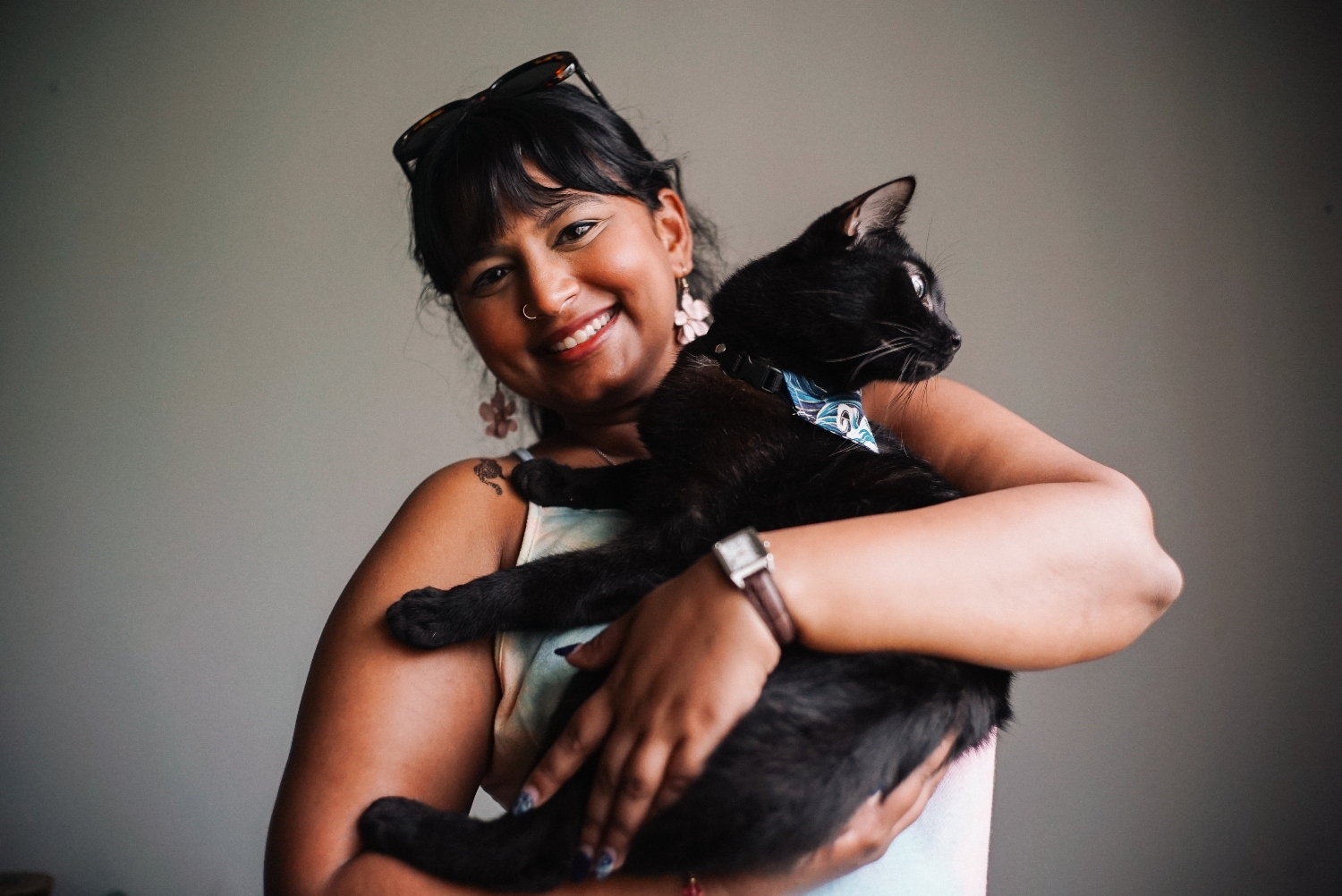
Newborns are vulnerable and often cannot survive without round-the-clock care. “Puppies and kittens are supposed to feed and seek protection from their mothers and since they are lost or abandoned, we have to keep a close eye on them. Their survival rate is rather low and we’ve lost newborns before,” she adds.
Thankfully, these caregivers have the knowledge to nurse these fur babies to health while providing them with necessary potty training before adoption. “The animals will get used to living with humans and that makes it easier for adopters,” Geetha explains.
The catch-neuter-release drive
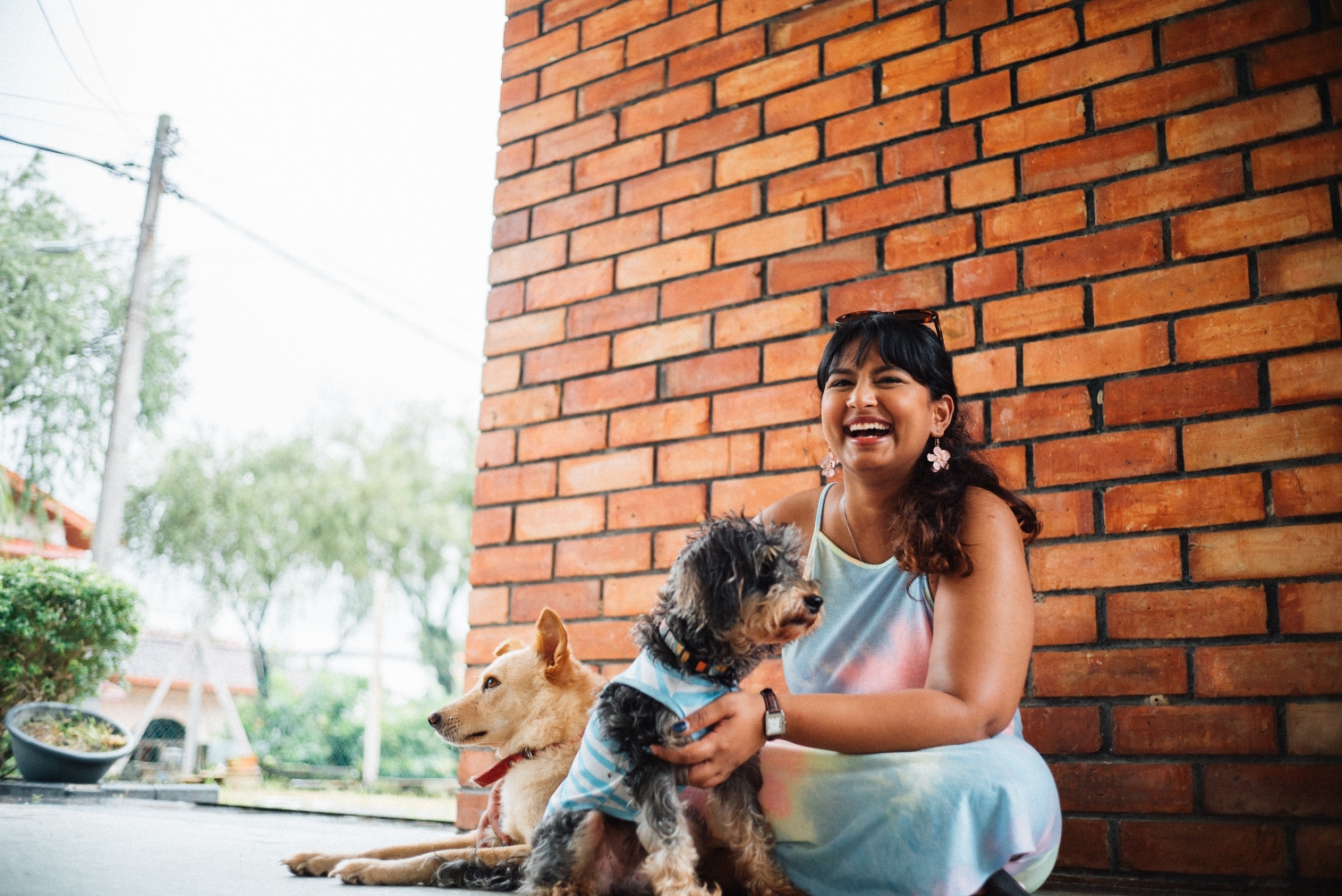
Another service provided by these foster homes is the catch-neuter-release initiative for older dogs and cats. With the surge we mentioned earlier, this programme helps strays to stop reproducing, which will lead to fewer road kills and deaths.
“Trapping these stray animals is not easy, and it depends on their behaviour. Remember, most of them seem aggressive because they are scared,” Geetha says. Most often, fosterers can’t get too close to the animals, therefore they’ll need to tranquillise the strays. “At times, we put a pill in their food to get them drowsy. Then, we’ll cover their heads with towels to prevent biting, and place them in a cage for transportation,” she shares.
These animals will be brought to the vets for treatment, neutering, and vaccination, before releasing them back to the outdoors. Vets will need to tip their ears, simply as a sign that they have completed the catch-neuter-release process. “This marking is to help the government identify which cat or dog is neutered so they don’t trap them again,” she explains.
Ruff Love’s goal for doing this is to reduce the number of strays on the streets in the coming years. “This will help shelters and the government too, lowering the chances of putting these innocent animals down,” Geetha adds. She also advised that all owners need to start spaying their pets. “If every Malaysian spayed just one dog or cat, we would be stray-free very soon,” she says.
Adopt, don’t shop
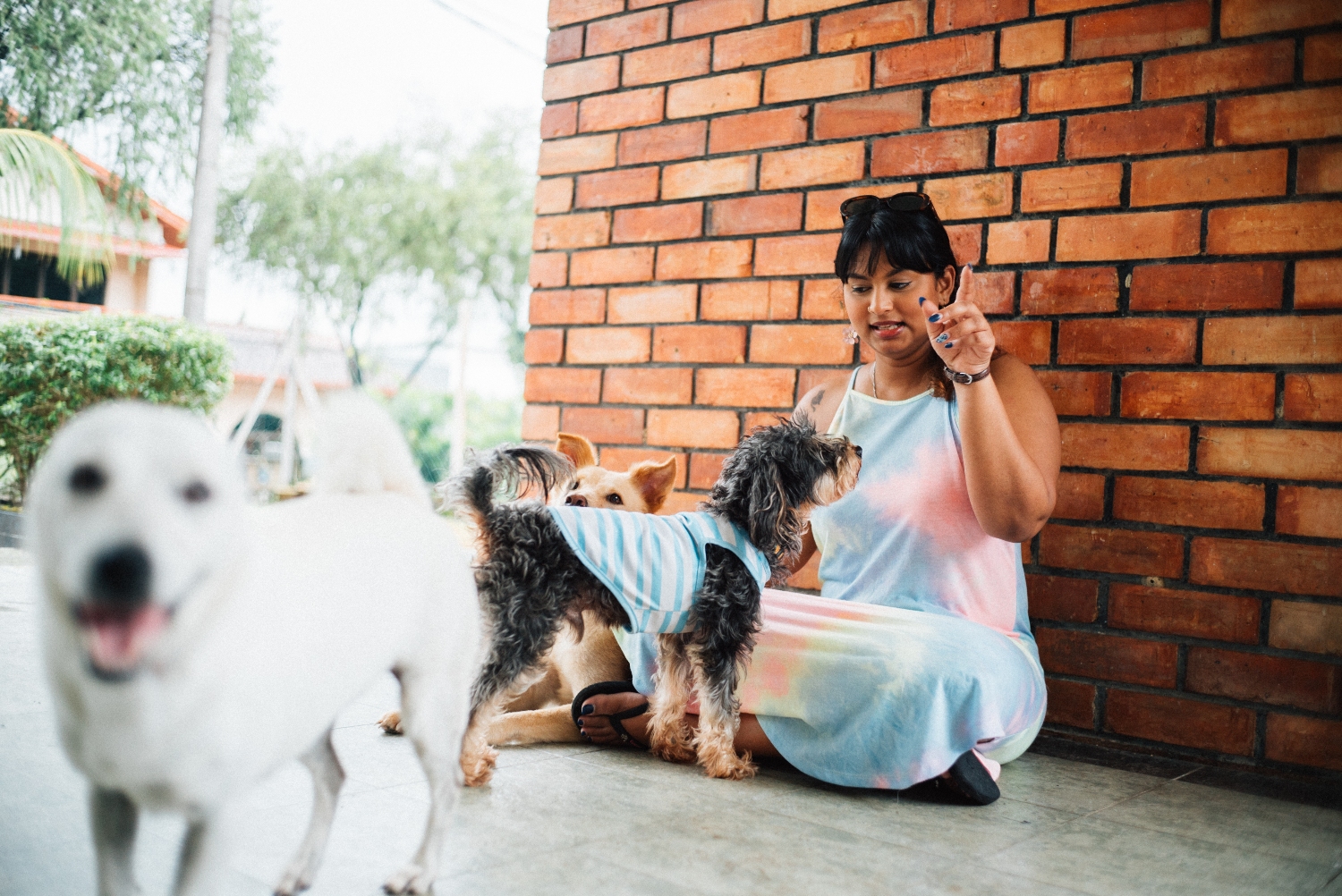
You can do your part to help foster homes by adopting these fur babies – if you have the means to – instead of buying pure breeds from pet shops. “They are equally as loving and sweet, so there is no need to approach a breeder for a companion,” she explains.
Ruff Love encourages everyone who has the capacity to kindly give these rescues a home. Fosterers often hold adoption drives in popular areas like Bangsar and TTDI, to encourage the public to give puppies and kittens a permanent home. This is also to discourage unethical breeding that could possibly lead to overcrowded shelters and more strays on the streets.
It’s a circle of life. The less we buy and the more we adopt will help make space for foster homes to rescue more strays. “Currently we have about 16 fosterers under Ruff Love and we are swamped. At times, we would put these fur babies in shelters temporarily until we find a solution. So constant adopting from the public would help,” she says.
If you don’t think adopting is feasible, you can opt for donations instead. Your contribution will help fosterers with their catch-neuter-release initiatives as well as vet bills and food. “Any contribution will really help us give these rescued dogs and cats a better life,” Geetha concludes.
Visit Ruff Love on Instagram to find your furry companion and keep a lookout for their next adoption drive.
Photos: Imran Sulaiman




